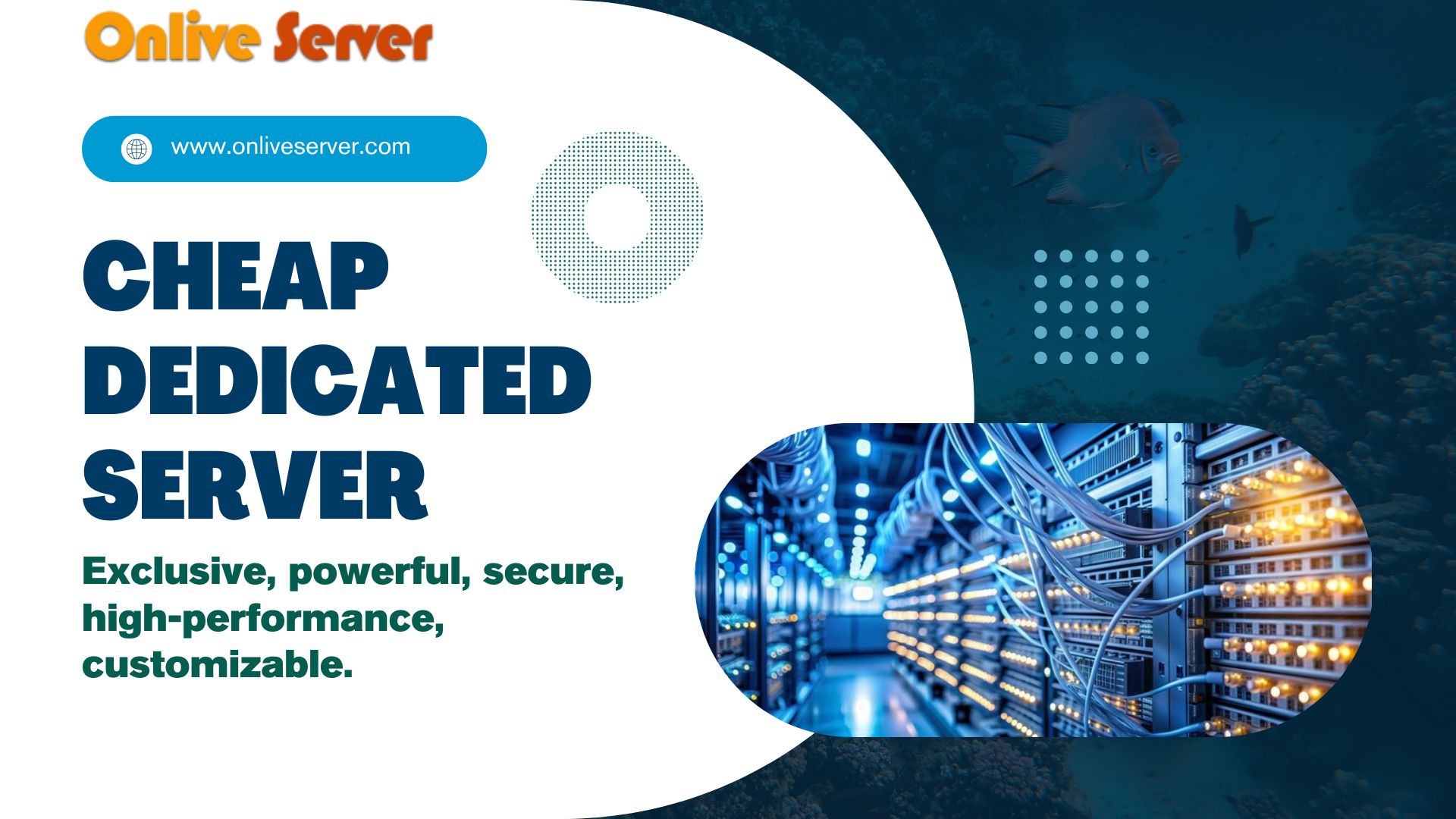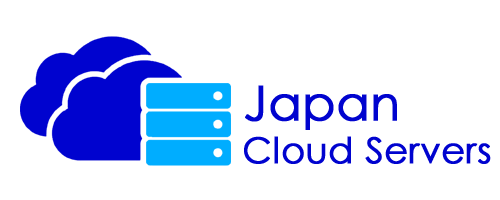
A cheap dedicated server is a powerful hosting solution where an entire physical server is allocated to a single user or business, ensuring maximum performance, security, and customization. Unlike shared or VPS hosting, dedicated servers provide exclusive access to CPU, RAM, storage, and bandwidth, allowing for greater control and reliability. This makes them ideal for high-traffic websites, large databases, gaming servers, and enterprise applications that require uninterrupted uptime and fast processing speeds. With full root access, users can install custom software, configure security settings, and optimize performance based on their needs. Dedicated servers offer enhanced security, as resources are not shared, reducing vulnerabilities. Whether for hosting mission-critical applications or managing resource-intensive workloads, dedicated servers deliver unmatched stability and scalability for growing businesses.
Key Takeaways
- Dedicated servers provide exclusive access to hardware resources.
- They offer enhanced security, reliability, and performance.
- Budget-friendly dedicated servers can still deliver excellent value.
- Choosing the right provider is crucial for optimizing costs and performance.
- Scalability is key for businesses with growth potential.
What Makes a Server Dedicated?
A cheap dedicated server is a physical server exclusively assigned to a single user or organization. Unlike shared hosting or VPS (Virtual Private Server) solutions, a dedicated server ensures complete control over computing resources. This translates into better security, performance, and customization options. Dedicated servers are ideal for hosting large websites, handling high-traffic loads, running resource-intensive applications, or managing databases.
Key Components of Server Infrastructure
Processor (CPU): This component handles data processing and task execution, determining the server’s performance and speed.
Memory (RAM) – Provides temporary storage for active processes, ensuring smooth operation and quick access to data.
Network Interface (NIC): This device facilitates network connectivity, ensuring fast and stable data transmission across the Internet or private networks.
Power Supply & Cooling System – Ensures uninterrupted operation with redundant power supplies and efficient cooling to prevent overheating.
Security & Backup Solutions—This includes firewalls, DDoS protection, encryption, and automated backups to safeguard data and maintain business continuity.
Why Choose a Cheap Dedicated Server Solution?
Cost-Effective Performance – Get dedicated resources, including CPU, RAM, and storage, at an affordable price without compromising reliability.
Full Control & Customization – Enjoy complete root access to configure the server, install custom applications, and optimize settings based on your needs.
Improved Security – Unlike shared hosting, a dedicated server provides isolated resources, reducing security risks and offering better data protection.
Scalability & Flexibility – Easily upgrade resources as your business grows, ensuring seamless performance without downtime.
Better Uptime & Stability – With dedicated resources and robust infrastructure, cheap dedicated servers still offer 99.9% uptime, ensuring consistent service.
Essential Features to Look for in Budget Servers
When choosing a budget server, it’s essential to look for key features that ensure reliable performance and scalability without overspending. Dedicated CPU, RAM, and SSD storage are crucial for smooth operations, even at an affordable price. A 99.9% uptime guarantee ensures uninterrupted service, while DDoS protection and firewalls enhance security. Look for full root access to allow customization and control over dedicated server settings. Scalability options are also important, enabling easy resource upgrades as your business grows. Additionally, 24/7 customer support ensures quick issue resolution, making a budget server a cost-effective yet efficient solution for hosting websites, applications, and databases.
Scaling Options for Growing Businesses
Upgrading Server Resources – Increase CPU, RAM, and storage capacity to handle higher.
Load Balancing – Distribute incoming traffic across multiple servers to enhance performance and reliability and prevent overloading.
Cloud Integration – Leverage cloud-based solutions for flexible scaling, allowing businesses to expand resources on demand.
Content Delivery Network (CDN) – Improve global accessibility and reduce latency by caching website content across multiple data centres.
Database Optimization & Clustering – Optimize database performance or implement clustering to ensure smooth data handling as business operations grow.
Conclusion
Scaling your business effectively requires strategic planning and the proper infrastructure to accommodate growth. Companies can ensure high performance, security, and reliability by upgrading server resources, implementing load balancing, integrating cloud solutions, and leveraging CDN and database optimization. A well-scaled infrastructure improves user experience and enhances operational efficiency, helping businesses stay competitive in a rapidly evolving digital landscape. Investing in scalable hosting solutions ensures long-term success, enabling seamless expansion without disruptions.

